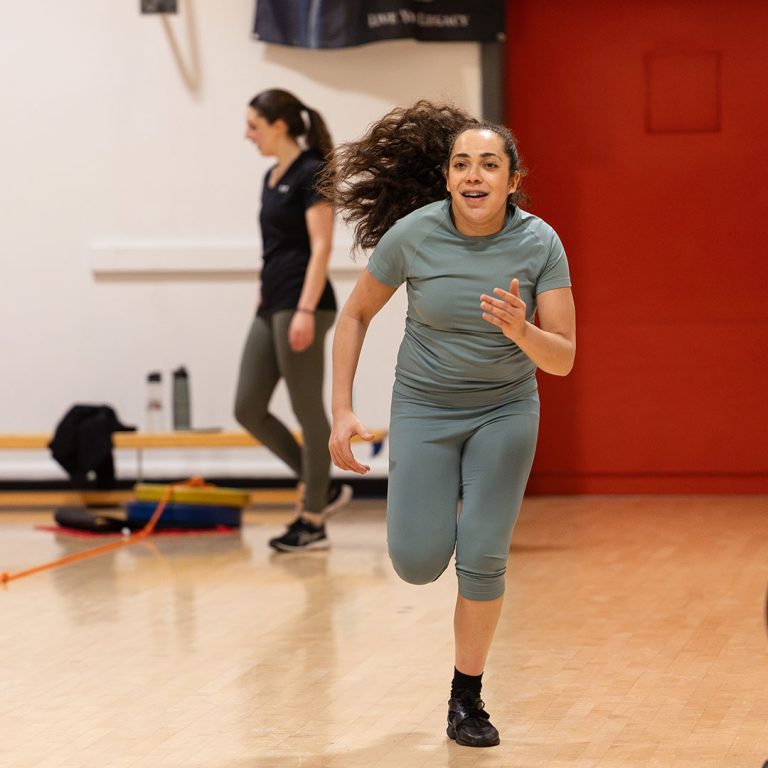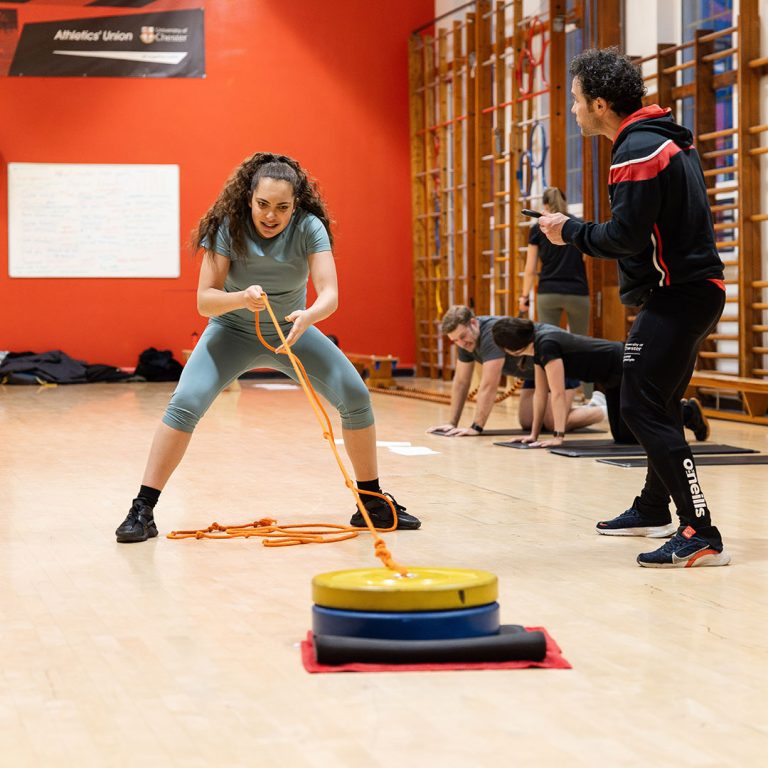Unirox
Start Date: 19 February 2026 6:00 pm
End Date: 19 February 2026 6:00 pm
Location: Gymnasium, Exton Park
Unirox is for all fitness levels, from athletes to fitness enthusiasts to those who just want to push themselves. This is a class for everyone. You will alternate between running and eight functional workout stations. The work stations include include sled pushes, burpee broad jumps, wall balls and more. Working for just under an hour you will compete in pairs to complete all workout stations and runs under timed conditions.



